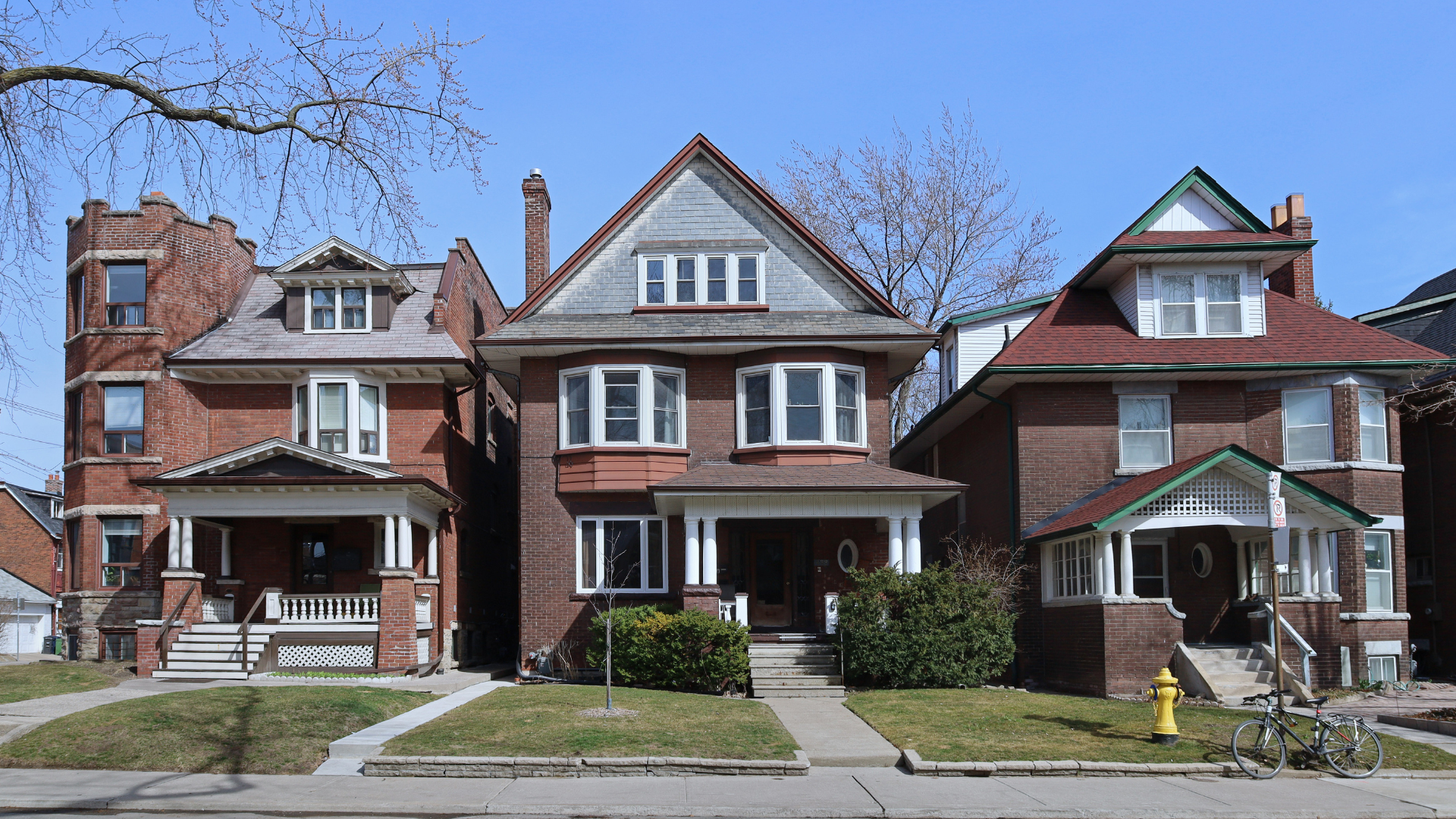

“Rent Control Doesn’t Impact Me.” Think Again!
Rising rents in various booming areas have created a frenzy of initiatives geared toward creating affordable housing. One of the most popular, yet less understood initiatives, is rent control – a cap on how much a landlord can charge in rent. The threat of rent control is very real, and we are fighting very hard to keep it from becoming our reality. Here’s what you need to know. On its face, rent control sounds like an obvious cure to rising rents. Unfortunately, there are deeply flawed and destructive consequences of the policies. In fact, rent control has been discredited by economists from both sides of the political aisle, reinforced in numerous economic studies for decades. A staggering 93% of economists agree that rent caps decrease the quantity and quality of affordable housing. On an economic basis as well as from a fiscal position as it relates to the property tax base, the results are clear: rent control would be a disaster for Chicago and Cook County. For one, rent control scares investors and housing developers away. Why would someone build a new apartment building where they cannot charge market rent and make money on such a vast financial investment? Rapid sales of buildings in advance of the implementation of rent control could lead to a reduction in value. This causes a reduction in the taxable base and thereby, an increase in tax rates for everyone, not to mention a reduction in available housing stock. Existing property owners often convert their investment properties into condominiums, so they avoid the imminent inability to charge appropriate market rent. If a cap on how much a property owner can charge exists, how will they be able to cover increasing property taxes? How will they afford improvements to the apartment? Conversion seems like the only option for desperate property owners who can no longer afford the maintenance or tax bill. What happens when apartments are converted? Fewer rental housing options are left for tenants. When the supply goes up and the demand rises, prices react accordingly – it’s economics 101. Even worse is a possibility for a black market of sorts, where even fewer low-income tenants have access to the affordable units. It’s not unusual to see rent controlled units pop up on Craigslist at closer to market rents. The tenant of the stabilized unit then pockets the extra rent. In the end, the very people this policy is supposed to help are hurt the most, with fewer housing options, and the ones available are in disrepair. If you’re thinking rent control doesn’t impact you as a non-investment owner, think again. In Senator Mattie Hunter’s bill (SB 3512), the legislation has an income-based proposal that would tie rent control to household income. In other words, there are two tiers of qualifying tenants.








